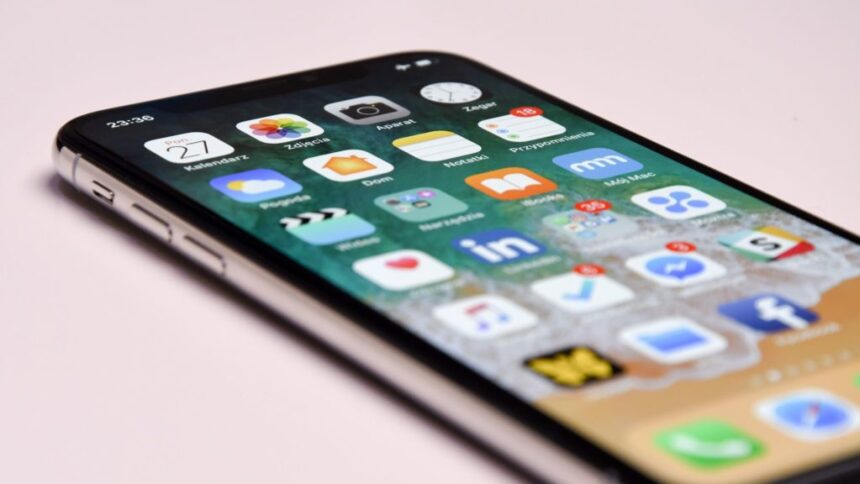As part of research released in the Journal of Experimental Psychology: General, experts at University College London showed that electronic devices such as smartphones may enhance memory skills in the brain by freeing up memory to recall additional things by storing information there.
In their study, researchers had 158 participants between the ages of 18 and 71 undergo a memory task using a touchscreen digital device.
“We report three experiments (two preregistered) investigating the role of value. In Experiment 1, participants preferentially offloaded high-value intentions to the external environment. This improved memory for both high- and low-value content,” the authors explained in their journal article.
“Experiment 2 replicated the low-value memory enhancement even when only high-value intentions were offloaded. This provides evidence for a cognitive spillover effect: When high-value content is offloaded, internal memory becomes reallocated to low-value content instead.”
“Experiment 3 confirmed a theoretical prediction of this account: participants had superior memory for low- than high-value content when the external store was removed,” the study’s authors also emphasized.
The findings showed that participants who used digital devices to store important details of their cognitive memory were able to improve their cognitive memory by 18 percent.
“We found that when people were allowed to use an external memory, the device helped them to remember the information they had saved into it. This was hardly surprising, but we also found that the device improved people’s memory for unsaved information as well,” said Sam Gilbert, the study’s senior author, in a news release.
“This was because using the device shifted the way that people used their memory to store high-importance versus low-importance information. When people had to remember by themselves, they used their memory capacity to remember the most important information. But when they could use the device, they saved high-importance information into the device and used their own memory for less important information instead.”


